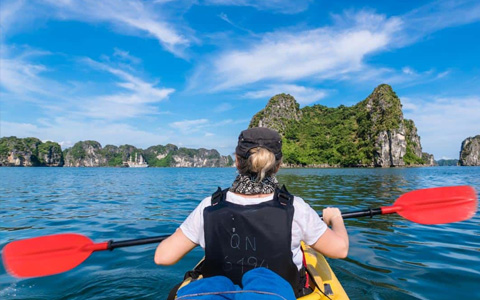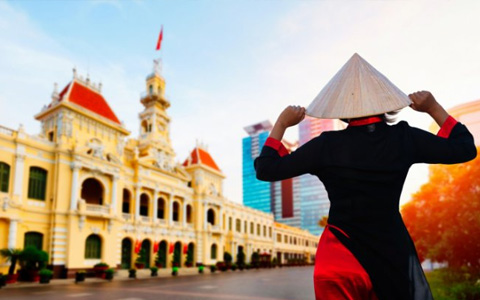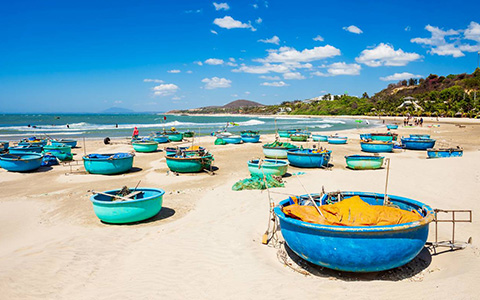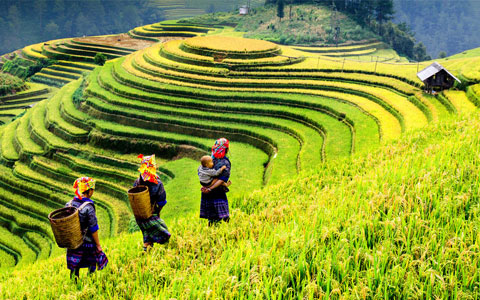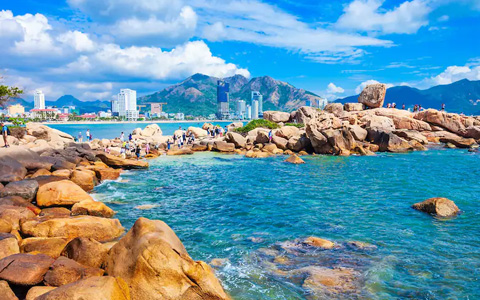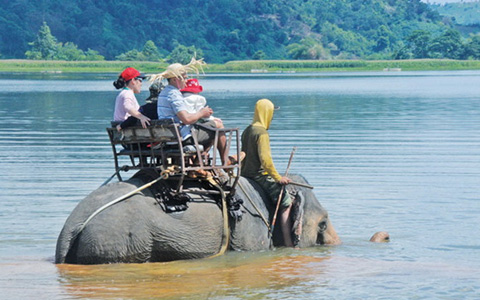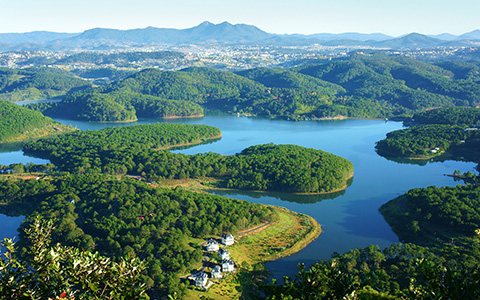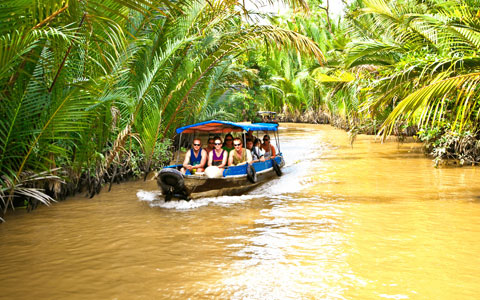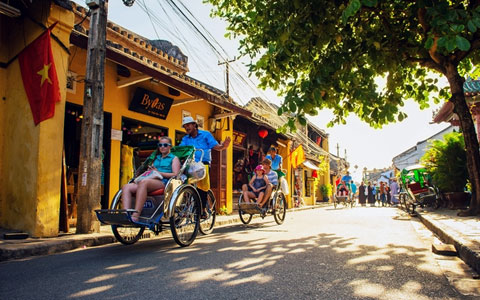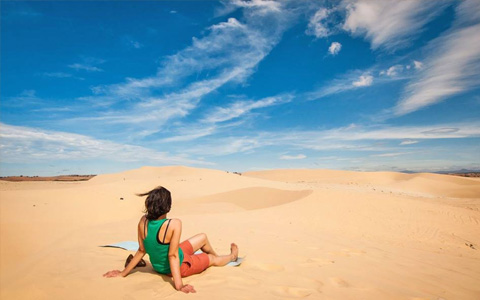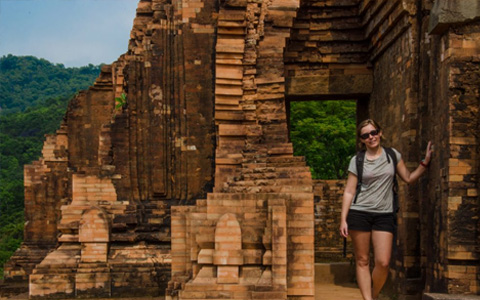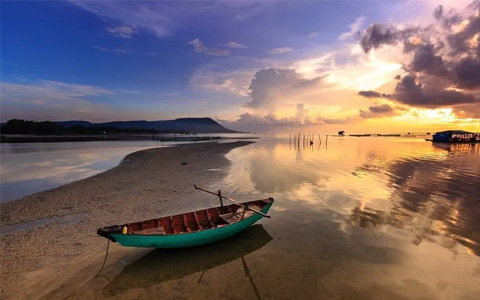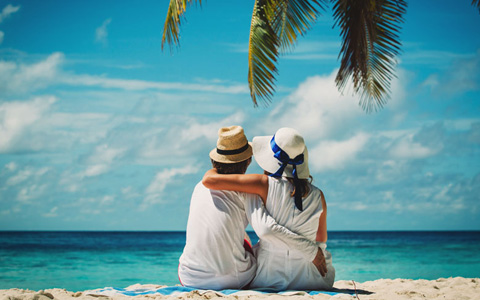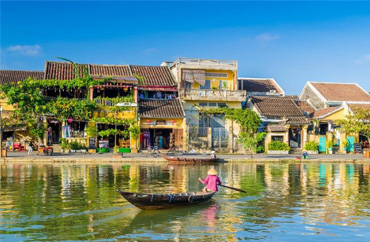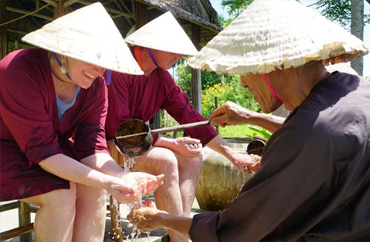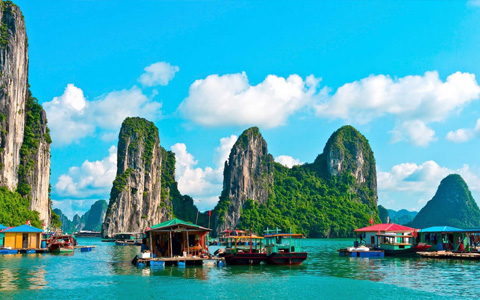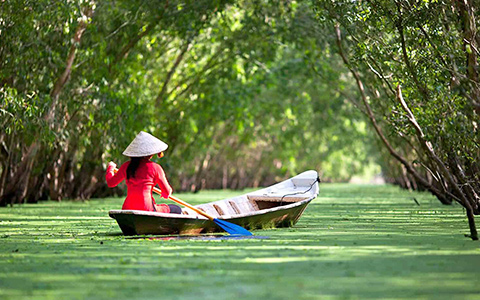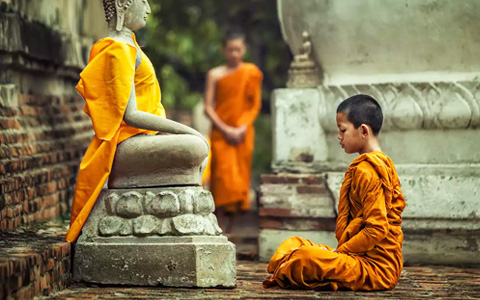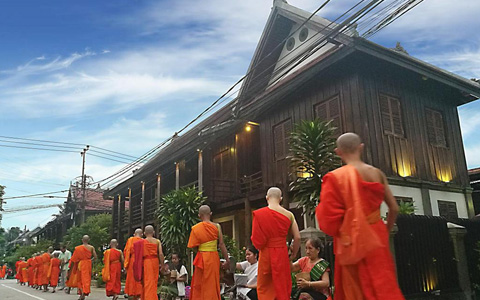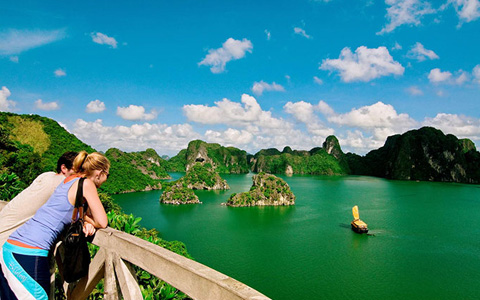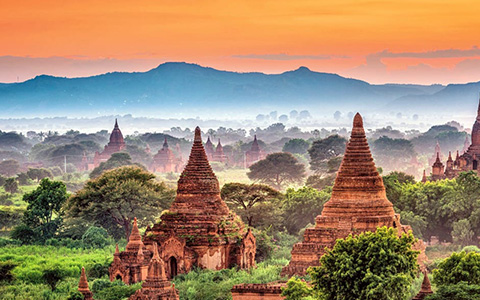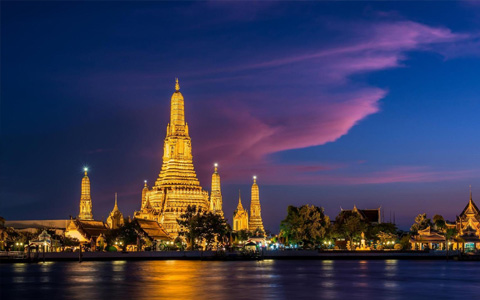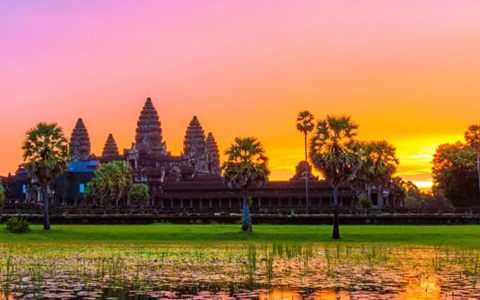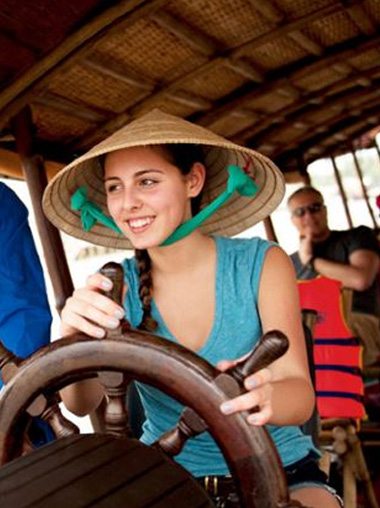1. Is Vietnam open to tourists in 2022?
As of March 15, 2022, Vietnam’s tourism industry was fully open for business as usual, with a few guidelines.
The relaxing of COVID-19 security measures was done mainly to restart the tourism economy, a major factor in the country’s national economy, and essential for many parts of the country.
However, while Vietnam may now be open to tourists, it is still advisable to take certain precautions
2. Do I need a visa to visit Vietnam?
With the relaxing of strict COVID-19 safety measures, passport holders from 25 countries are not required to obtain a visa for Vietnam. These countries are:
ASIA
Brunei & Myanmar - 14 days.
Japan & South Korea (ROK) - 15 days.
The Philippines - 21 days.
Cambodia, Indonesia, Laos, Malaysia, Singapore, & Thailand - 30 days.
EUROPE
Belarus, Denmark, Italy, Finland, France, Germany, Norway, Russia, Spain, Sweden, & The United Kingdom - 15 days.
For everyone else, a visa is required, whether obtained prior to travel from an Embassy, as an e-visa, or applied for on arrival.
3. What are the COVID-19 travel restrictions for traveling to Vietnam?
Self-isolation is no longer required for travel to Vietnam, and the requirement for testing prior to entry has also been temporarily suspended as of 15 May 2022.
However, you must now have a valid visa for entry to Vietnam for all foreign nationals, as well as valid travel/medical insurance that includes COVID-19 cover.
You are also required to download the “PC-Covid Viet Nam” Mobile app, which must be presented before entering any Vietnamese establishments.
4. Is Vietnam safe to travel? Especially for solo female travelers
As one of the safest countries to travel in Asia, Vietnam has very few incidents of crimes against travelers, aside from the petty crimes of theft or pickpocketing. Common sense and a secure bag to keep valuables in is adequate to help reduce the risk of this.
For women, it is essential to remember that Vietnam is still a conservative mainly-Buddhist country, and it is best not to show off too much skin, especially around temples and holy places.
Other than that, the usual precautions apply: don’t wander around late at night alone outside crowded areas, and keep your valuables safe and protected.
5. What to eat when travel to Vietnam?
Vietnamese cuisine is distinct, diverse, and truly unforgettable. From street vendors to high-end restaurants, Vietnam has it all when it comes to food.
One must-try food is the Banh Mi. A baguette stuffed with a variety of fillings; it is the most popular street food in Vietnam.
Vietnam has a wide variety of dishes to suit any pocket, from cheap snacks to delicate local cuisine in top restaurants.
But whether street food, snack bars, grills, or resto’s, you really should try as much as possible.
6. How much does a trip to Vietnam costs?
The cost of a Vietnam tour depends on your length of stay and what you plan to do and where you go on your visit to Vietnam.
For many people, a daily average of around $30-$50 will give you a good tour of the country, though for those on a budget, it can be done for less. On average, the cost of a trip to Vietnam for two people runs at around $750-$800 per person per week. Excluding flights.
7. What is the local currency in Vietnam? Can I use my credit card in Vietnam?
The official national currency in Vietnam is the “dong”, written as either “VND”.
Currency comes mostly in bills in denominations from 10,000 VND to 500,000 VND, with a few lower-denomination coins that are rarely used.
However, many vendors of higher-priced items, including hotels, provide their prices in US Dollars as well, and accept payment in dollars, giving change in local currency.
In Vietnam, cash is king, and few places outside large hotels and restaurants have card payments.
Almost all banks have ATMs that have international card withdrawals, and these are abundant in the cities.
However, international charges will apply to every individual transaction, so it is better to draw the amount you need for the whole trip rather than withdrawing daily.
And make sure you notify your card issuer that you are traveling if you don’t want your card to be blocked.
8. Do they speak English in Vietnam?
According to national statistics, around 53% of the Vietnamese population speaks some English.
The use of English is more common in areas where tourists are more popular, and as you travel further afield into the very rural areas, you will find it very rare that anyone speaks any English at all. The younger generations are beginning to speak more English, as it is taught in all schools, and if the location caters to tourists, someone there will speak English.
9. Know more travel information about Vietnam
1. Can Americans travel to Vietnam right now?
2. How long is a tour in Vietnam?
3. Is Vietnam safe to travel?
4. Vietnam travel restrictions: are there any travel restrictions to Vietnam in 2022/2023?
5. When is the best time to Vietnam?
6. Top things to know before traveling to Vietnam
7. Do I need a visa to travel to Vietnam?
8. How to plan a 10 days Vietnam tour?

 inquiry@myasiatours.com
inquiry@myasiatours.com
